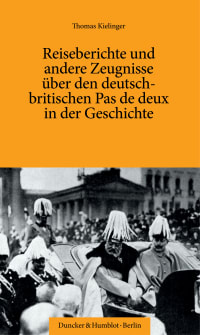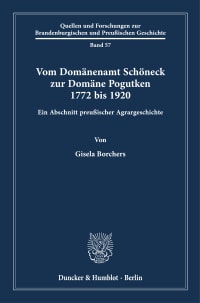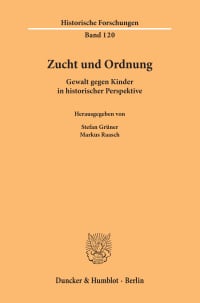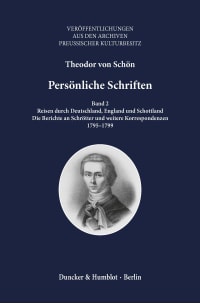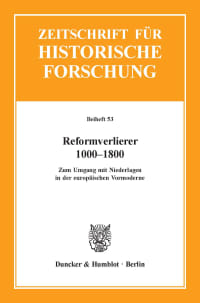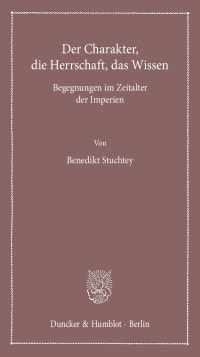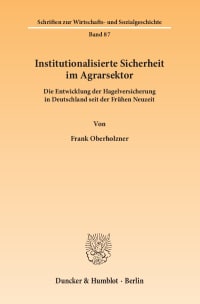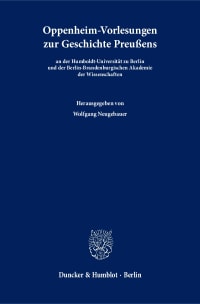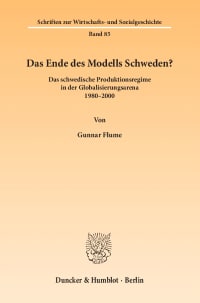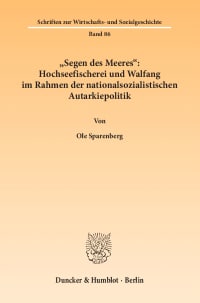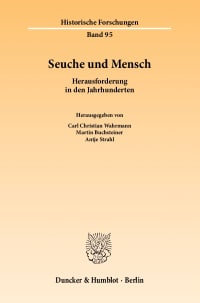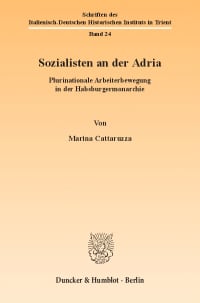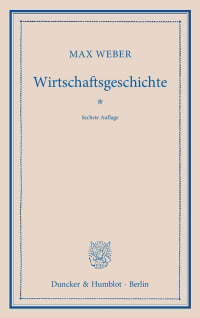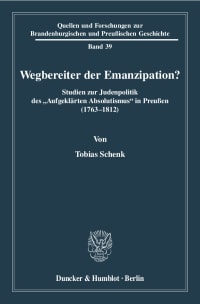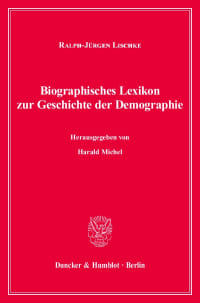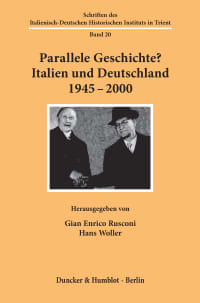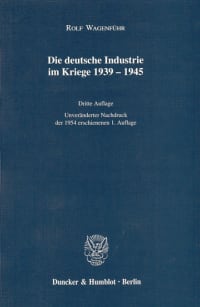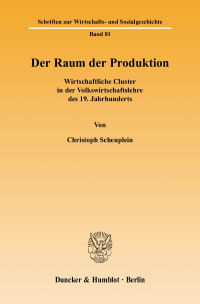Ein Lernprozess
Description
»The Development of Economic Thinking. A Learning Process«
Ever since there have been cultures and states with division of labour and trade, attempts have been made to shape economic conditions. This led to a process of reflection on economic states of affairs, which slowly became economic theory taught and developed further at universities. While the beginnings were embedded in political and ethical theories, a separate discipline, economic theory, emerged from the late Middle Ages.
Peter Rosner tells the story of this development from its beginnings to theories from the first half of the 20th century. Methodological assumption: Authors wanted to solve problems and discovered that existing explanations were insufficient, contradictory or simply unclear. Efforts to create more clarity, to find better solutions to new and old problems, gave rise to new explanations. The theories of earlier schools are not presented in this book as alternatives to the prevailing theory, but rather as early attempts to solve economic problems. To the extent that this has been achieved, it is possible to talk of scientific progress in the science of economics. This development does not consist of corrections of the errors immanent in the old concepts and ideas, but in a systematic revision and rethinking of existing ones.
Overview
Einleitung: Gab es eine Entwicklung der ökonomischen Theorie?
A. Vorläufer und Anfänge: Vorläufer – Merkantilismus und Kameralismus
B. Die ersten theoretischen Systeme
Richard Cantillon – Die Physiokratie – Die britische Verabschiedung des Merkantilismus. David Hume – Die Konstitution einer neuen Disziplin: An Inquiry into the Nature and Causes of the Wealth of Nations von Adam Smith – Weiterführung und Präzision: David Ricardo
C. Gesellschaft und ihre Entwicklung
Die deutschen Schulen – Karl Marx
D. Die neue Theorie
Vorläufer der neuen Theorie: Thünen, Gossen, Cournot, Dupuit und der Utilitarismus – Carl Menger und die Österreichische Schule – William Stanley Jevons – Léon Walras. Das Allgemeine Gleichgewicht
E. Neue Instrumente
Grundlagen der Mikroökonomie 1: Alfred Marshalls Principles of Economics – Grundlagen der Mikroökonomie 2: Vilfredo Paretos Manual of Political Economy – Theoretische Grundlagen der Wirtschaftspolitik: Pigous The Economics of Welfare
F. Zwei Entwicklungen
Auf der Suche nach einer empirischen Basis. Was ist Nutzen? – Der Beginn der modernen Makroökonomie
Literatur- und Personenverzeichnis
Press Reviews
»Dieses Buch gibt einen guten Einblick in die Entwicklung ökonomischer Theorien von früher (griechischer) Zeit bis zum ersten Drittel des letzten Jahrhunderts. Es ist den Studenten der Volkswirtschaftslehre dringend zur Lektüre empfohlen, damit die ökonomische Analyse nicht weiterhin so zeitlos erfolgt und die Erfahrungen der Vergangenheit unberücksichtigt lässt.« Werner Lachmann, in: Wirtschaft und Ethik, 26. Jg., 1/2015
»Peter Rosner hat mit seinem jüngsten Buch einen innovativen Beitrag zur Geschichte des ökonomischen Denkens vorgelegt, [...] eine klar strukturierte Darstellung, die sich auf zentrale Bereiche der Theorie konzentriert und für diese nachvollziehbare Entwicklungslinien herausarbeitet.« Dr. Günther Chaloupek, in: Wirtschaft und Gesellschaft, 38. Jg., 4/2012

